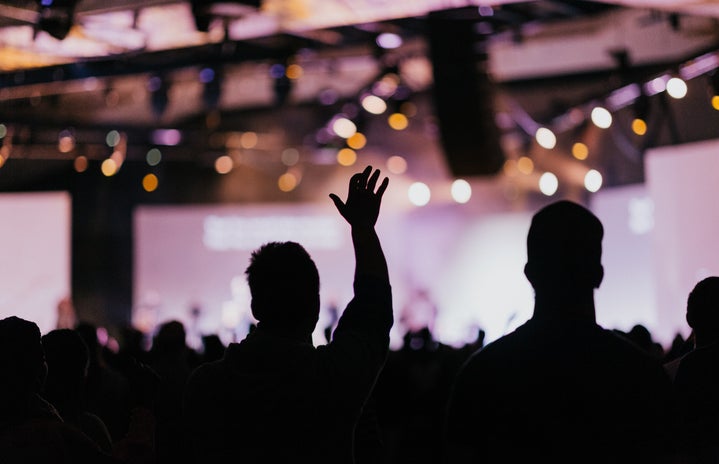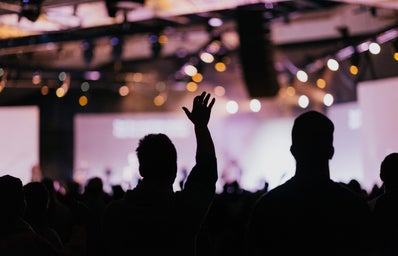Meet Bruno Capozzi’s multitasking dedication to understanding the world.
He’s able to talk about “The Society of the Spectacle”, by Guy Debord, as if he’s learned how to read with it. Or look like he could ramble on for hours a pretty enthusiastic speech about his life in (a grey) city, inspirations and save a lot more for the next day. Bruno Capozzi works in Gazeta AM radio station, researches for his growing academic career and possibly plans all day what’s to come next – not to mention that his day possibly exceeds the 24 hours that science says we have. Meet the guy who’s always out there practicing for his future impact in the world.
Age: 21
Year: 2017
Sign: Sagittarius
Hometown: Brasília
Why did you come to São Paulo? Was it only for studies?
I was actually born here, but when I was quite young, I moved to Brasília and lived there for a long while, only coming back after my parents’ divorce. However, I don’t want to live here forever; I have this platonic passion for Canada, though.
Have you ever been there before?
No! [Laughs]. I’ve been to Europe, there are incredible places, but I’ve seen those videos from Canada in which people go to their terrace and find a bear in front of their Jacuzzis! Those things are incredible! It is such a laidback country – there is no chaos compared to São Paulo’s.
What about Brasília? I’ve never been there.
The thing is here, in São Paulo, everything is huge. So there’s a huge traffic, a huge number of people in public transport… it’s always the extreme of things. In Brasília, you can chill a little bit more, the life quality is much better, and there are green areas. Where can you find green areas in São Paulo? Nowhere.
Why did you choose to major in Journalism?
In the beginning, it was because of sports. I mean, I’ve always liked sports, but they’ve never liked me back. [Laughs]. So, I ended up choosing Journalism to cover sports. However, it was in the first year I’ve already found it wasn’t really for me. I mean, I would still work with it, but I can barely see myself in a proper newsroom. I’ve always wanted to work in the academic area, but never knew Journalism had one. When I first had Communication Theory, I noticed it was very similar to the Sociology I have always studied and loved. Then, I knew that was what I wanted. Talking about career, I dream of being a professor.
What about working in a radio station, as you do now?
I have been collaborating in radio for a while, and I’ve always liked it. It’s my second passion, the first being my academic career. I think it’s an incredible vehicle, since it’s been here for so long and no one will ever end it. But honestly, my internship is the main focus right now, so when I get my routine sorted out, I’ll certainly come back to research. You know, it’s my breadwinner, after all.
Why do you study in Cásper Líbero?
I was the typical clever student in school – always paid attention to the classes, but it didn’t go too far away from it. And it’s impossible to get in a good college without much effort. I was focused on being a History Undergrad, so I could follow the academic career. Even so, I applied for Journalism here, not expecting to be approved. And I was, in both courses, and Cásper’s universe was so, so incredible that when my History classes began, I noticed I was already in Cásper’s flow, so I gave up after a while. I still want to study it someday, everyone should. But maybe only after my Master’s degree, Ph.D… [Laughs]. Radio is still my second choice, even if I’m completely charmed by it. I wake up real early everyday, but I swear I’m always really excited about it, it makes me feel good.
You have been part of CIP (Interdisciplinary Research Center) last year. How was your experience in there?
My theme was “Media, Politics and Spectacle”. What I found fascinating about Communication Theory is that it’s basically about deconstructing speeches and also a bit about conspiracy theories. [Laughs]. It was a very good experience; I had the opportunity to do some things I never thought would be possible – everything in less than one year of research! It all began in February, then in June I was already sending my article to Intercom [a major international congress of communication], and in September I was in Rio de Janeiro presenting my work. When I saw, I was standing in front of half a dozen old guys, all watching me. Then, I knew I was doing what I really wanted. I presented in another college, in which the presentations were valid as complimentary activity, so I even had to call attention to some students! I felt like a real professor! [Laughs]. I have a lot to thank to my academic advisor, Claudio Coelho, who’s really attentive and concerned about his students’ engagement. He’s now orientating me outside CIP, and our first meeting is on next Friday. I believe that CIP could be better explored by Cásper, considering the benefits researches bring college.
And you also play bass, right?
I do, when I have the time. I had to stop classes, though – even musical production I’ve studied. I play bass, never even touched a saxophone, but I had to compose for it back then. When I practiced bass, I adored my teacher, who was really demanding but, at the same time, a charismatic person. The classes would end only when we thought it was good enough, so it usually took some hours. I even had lunch at his home, since the classes were there, and I became good friends with him and his wife.
Have you ever thought about working with music?
I did, considering I think I have a little baggage to cover music inside journalism. I mean, excluding orchestra, I can understand general music pretty well. There’s a trio that sometimes plays here in Paulista Ave. that is fantastic. I’ve been to London and one thing that really impressed me was the number of street musicians. If I had to work with something like this, that would be it: promoting street artists and culture. There’s a lot of great stuff being made, and we have no idea. My music teacher was an expert on finding this kind of work. Now, on working as a musician, I don’t really think so. It’s a hobby; if I have a spare hour, I’ll play the bass, and maybe videogames if there’s still some time. [Laughs]. I’ve had bands before, but none worked out. And like, I’ve made some pretty big performances, and those were the moments of huge excitement in my life, that I’ve been the happiest. It felt like I’ve had a lot of drugs, but I swear I was sober! Then, I was this excited when presenting my research in congress. Those are the stages I want to be in my life: concert stages and lecterns. Radio too; I’d enjoy having a radio program someday.
That’s all?
Yeah! So I’d be a professor and a musician who has a radio show in a rock station. [Laughs].
What are your main inspirations in music?
The first album I got was from the Beatles, then Iron Maiden – I was a rocker child. And, you know, all of my friends listened to sertanejo or electronic music, so to prevent me from going on that path, my aunt took me to an Oasis’ gig. I think I’m quite unlucky, because they came and then Liam and Noel Gallagher fought, and they called it quits. I can now say I actually was in their last gig here! However, I was sixteen when I first held a bass and gave it a try, so for a long time that was basically the only thing I did, and it even reflected in my High School grades. [Laughs]. I love Flea, from Red Hot Chili Peppers, considering how similar we play, like real crazy, banging our heads. And, of course, Pink Floyd, which is now my life philosophy. My music professor took me to another incredible side, which is jazz. And some bass players, those guys don’t know how to joke. I’m also not too fond of clubbing, except for some rock clubs where I can sing along madly. But if there’s a jazz gig at some bar, I forget about the money for a moment and just enjoy the show.


